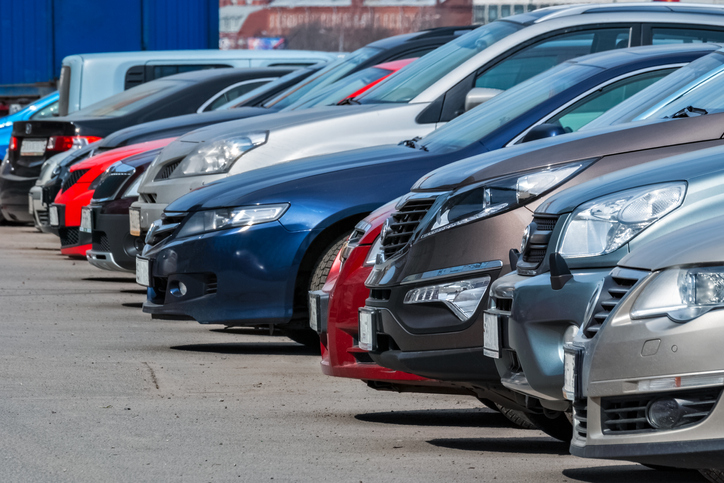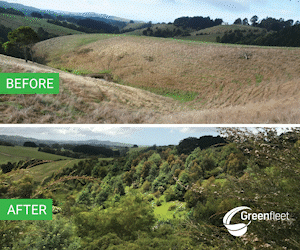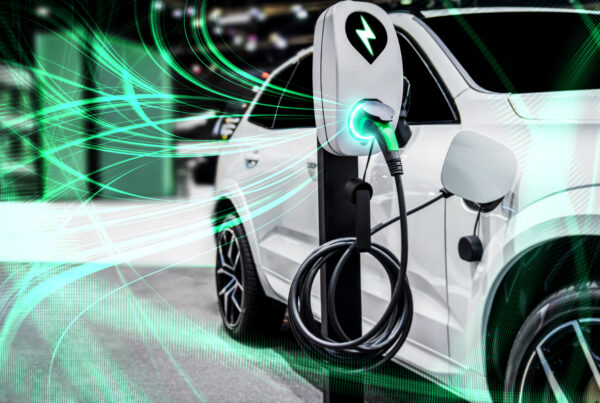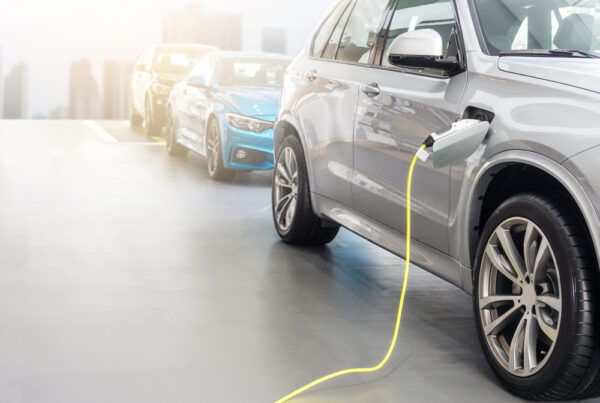The Federal Chamber of Automotive Industries (FCAI) has released the new vehicle sales figures for July 2020 and the results demonstrate the continuing challenging conditions facing the market, due to a number of factors, including the COVID-19 pandemic.
Tony Weber, chief executive of the FCAI, commented on the July results.
“Nationally, more than 72,505 vehicles were sold during the month, and this represents a decrease of 12.8 per cent on July 2019, when sales totalled 83,184,” Mr Weber said.
“On a year to date basis, there were 514,920 vehicles sold to July 2020, which represents a decrease of 19.2 per cent on the same period in 2019, when sales totalled 637,650 vehicles.”
On a state by state basis, New South Wales, Queensland, Western Australia, South Australia and the Northern Territory demonstrated a slight recovery. Victoria and Tasmania did not fare quite so well and recorded a downturn of 27.8 per cent and 22.6 per cent respectively.
The leading brand for the month was Toyota, with 15,508 sales, followed by Mazda (7,806 sales), Mitsubishi (4,684 sales), Hyundai (4,634 sales), and Kia (4,625 sales).
Segmentation of the market continued to demonstrate the Australian consumer’s preference for Sports Utility Vehicles and Light Commercial Vehicles, with 70.9 per cent of the market devoted to these two segments.
SUVs claimed 50.4 per cent of the market with 36,560 sales and LCVs claimed 20.5 per cent of the market with 14,898 sales. Passenger vehicles, which totalled 18,149 sales for the month, represented just 25 per cent of the market.
This consumer preference was reflected in the top 10 vehicles sold, which included six SUVs and LCVs and four passenger vehicles. The top-selling vehicle for the month was the Toyota RAV 4, with 4,309 sales, followed by the Ford Ranger (3,104 sales), Toyota Hi-Lux (2,947 sales), Toyota Corolla (2,192 sales) and the Hyundai i30 (1,745 sales).
Mr Weber said that, given current market conditions and the industry’s long-term downturn, the July 2020 results were not unexpected.
“The Australian automotive industry, like many sectors in the Australian market, continues to face challenging and difficult conditions, exacerbated by the advent of the COVID-19 pandemic.
“The extended Stage 4 Restrictions which have now been invoked in Australia’s second largest market, Victoria, will no doubt further challenge the industry during the coming months,” Mr Weber said.



















